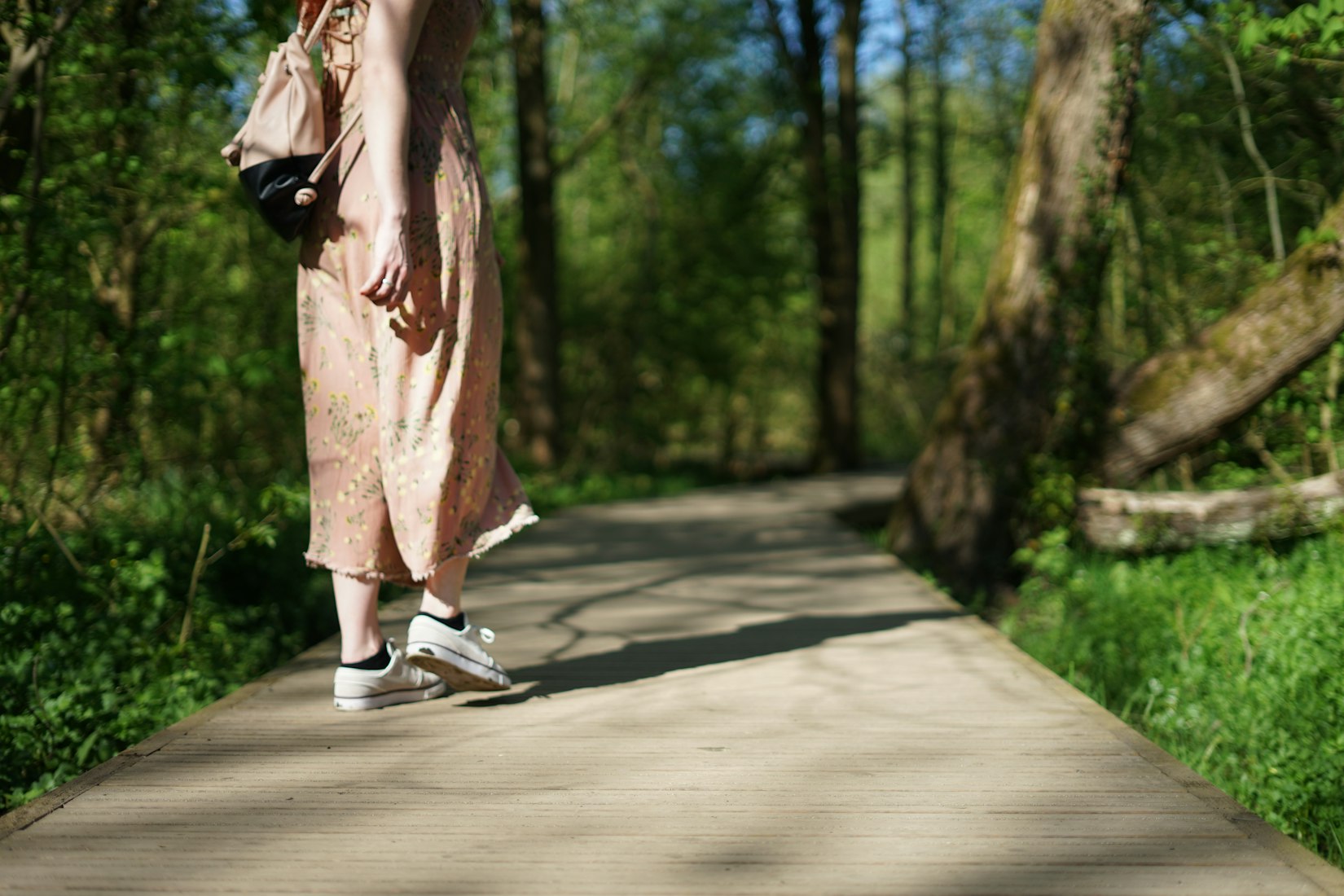We already know the positive impact that wellness has on workplace morale and performance. CEOs in particular are aware of this, that’s why more and more organisations are implementing strategies to ensure they are providing a happy, healthy place to work for their employees.
Despite this emphasis on wellness, many still neglect one of the most important – and easily accessible – tools for vitality: sunlight.
Workers perform better under the stimulation of natural light for a multitude of reasons:
Circadian rhythm

Commonly known as ‘body clock’ or ‘sleep-wake cycle’, the circadian rhythm is a 24-hour cycle that tells our bodies when to sleep, rise and eat, dictating many other physiological processes. Sunlight is the vital trigger for melatonin creation and release, and insufficient exposure to sunlight during the day can cause sleep disruption and a variety of flow-on effects.
In fact, according to a study published by the Interdepartmental Neuroscience Program at Northwestern University in Chicago, “Those with windows in the workplace received 173 percent more white light exposure during work hours and slept an average of 46 minutes more per night. Workers without windows reported lower scores than their counterparts on quality of life measures related to physical problems and vitality.”
Alleviation of eye strain

Those who work in windowless offices or workspaces will attest to the strain that artificial light puts on our eyes. For IT workers in particular, more than seven hours per day are usually spent staring at a computer screen – if this is compounded by harsh, white lighting, our eyes can become overtaxed and subsequently deteriorate.
Sweet, sweet vitamin D

UV provided by the sun is essential for our bodies to produce vitamin D, which can improve bone health and reduce the risk of a host of major diseases. More recently, increased vitamin D intake has also been linked to preventing depression and anxiety disorders in some instances.
What can YOU do?
As somebody who has worked in both well-lit havens in the sky and dreary, below-ground caves where natural light is nothing but a fantasy, I can attest to the mood and sleep benefits of sunlight being tremendous.
Obviously, not everybody has the luxury of sunlight exposure in the office – being stuck in a cubicle all day is something we may have to deal with at some point in our professional lives, but there are ways to ensure you’re still getting your daily dose of the sunshine vitamin.
Lunch time walk

A personal favourite of mine, ditch playing on your phone at lunch in favour of going for a walk outside. Getting out in the middle of the day is not only beneficial in terms of vitamin D intake, it also refreshes you and makes an enormous difference in the way you approach your afternoon work.
Exercise before work, rather than after
If you’re somebody that likes to go for a run, walk or cycle in the evening, change your routine, especially now that the dearly departed daylight savings has ridden off into the sunset for the next six months.
Our body clocks are most responsive to sunlight in the early morning (primarily, 6.00am – 8.30am) as this is when UV and infrared light levels are the most balanced, meaning that UV is absorbed in a healthier way with a lower risk of sunburn.
Park further away from the station
Or better yet, walk to the station from home. Go on, do it.
Set a vitamin D rich diet

OK, you’re a vampire and the mere kiss of sunlight on your skin is enough to make you burst into flames – I get it. Fear not, there are some foods that are surprisingly rich in vitamin D. These include:
- Certain types of fish, namely tuna, salmon, sardines, swordfish and catfish
- Eggs
- Soy milk
- Mushrooms, particularly of the shitake and button variety
- Cheese (yay!)
Vitamin D can also be found in fortified orange juice, milk, cereal and yoghurt if you’re looking for a quick fix.
Over the next week, give one of these ideas a try and see if you notice a difference in the way you feel at the end of the day. Remember to wear sunscreen if you’re spending prolonged periods outside.
As always, let us know if you have any feedback or suggestions for our next #WellnessMatters topic!
